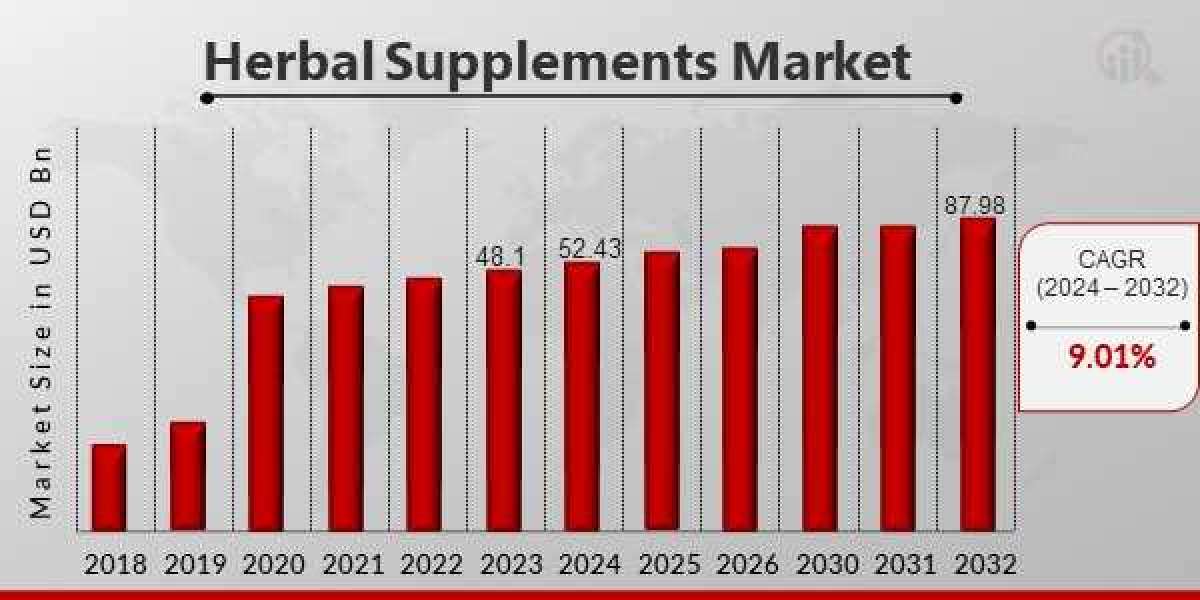What’s Driving the Growth?
- Rising Health Consciousness:
The pandemic sparked a massive surge in self-care and immunity-boosting trends. Ingredients like echinacea, elderberry, and ginger gained popularity as preventive health measures, pushing herbal supplements into mainstream grocery carts. - Clean Label and Natural Products Movement:
Today’s consumers are label-savvy. They demand clean, organic, and non-GMO products. Herbal supplements, with their plant-based origins, tick all these boxes, especially when paired with transparent sourcing and minimal processing. - Integration with Modern Medicine:
A growing number of healthcare providers and holistic practitioners are recommending herbal supplements as complementary therapies. This trend is especially notable in managing chronic diseases like arthritis, hypertension, and stress-related disorders. - E-commerce Boom:
Online marketplaces have democratized access to herbal products. With targeted marketing, influencer endorsements, and convenient delivery, even niche products like rhodiola or holy basil now reach a global audience.
Market Overview
In 2023, Herbal Supplements Market Size was estimated to be worth USD 48.1 billion. With a compound annual growth rate (CAGR) of 9.01% from 2024 to 2032, the herbal supplements market is expected to increase from USD 52.43 billion in 2024 to USD 87.98 billion by 2032. The main factors driving the growth of the herbal supplement market are rising demand for natural goods, higher awareness of preventative healthcare, and rising spending on wellness and health services.
North America and Asia-Pacific lead the market in terms of consumption, with China, India, and the U.S. being major producers and consumers. Europe, too, is witnessing growth, especially in Germany and France where herbal medicine is often integrated into conventional healthcare systems.
Product Segmentation
The herbal supplements market includes a variety of product types and forms:
- By Type: Leaves, roots, bark, seeds, fruits, flowers
- By Function: Immune boosters, digestive health, cognitive support, stress relief, beauty skincare
- By Form: Capsules, powders, teas, tinctures, oils, and gummies
Capsules remain the most popular form due to convenience and precise dosage, while teas and tinctures attract consumers interested in traditional and experiential consumption.
Key Companies in the herbal supplements market include
- The Nature’s Bounty Co. (US)
- NatureSmart LLC (Canada)
- Natural Organics Inc (US)
- Swanson Health Products (US)
- NOW Health Group Inc. (US)
- Healthy Origins USA (US)
- Third Coast Herb Co. (US)
- Nutrova (India)
- Herbochem (India)
- Jarrow Formulas Inc (US)
Challenges Ahead
Despite the growth, the market faces a few hurdles:
- Regulatory Inconsistencies: Herbal supplements often operate in a grey area—classified as food in some countries and as medicine in others. This inconsistency can lead to consumer confusion and manufacturing challenges.
- Quality and Adulteration Concerns: Some products in the market are not standardized, leading to questions about potency and purity. This undermines consumer trust.
- Scientific Backing: Though many herbs have anecdotal or traditional support, more clinical studies are needed to confirm efficacy and safety for mainstream acceptance.
Read Our Related Report:
Sugar Substitutes Market Research Report
Fruit Vinegar Market Research Report
Fortified Bakery Products Market Research Report







